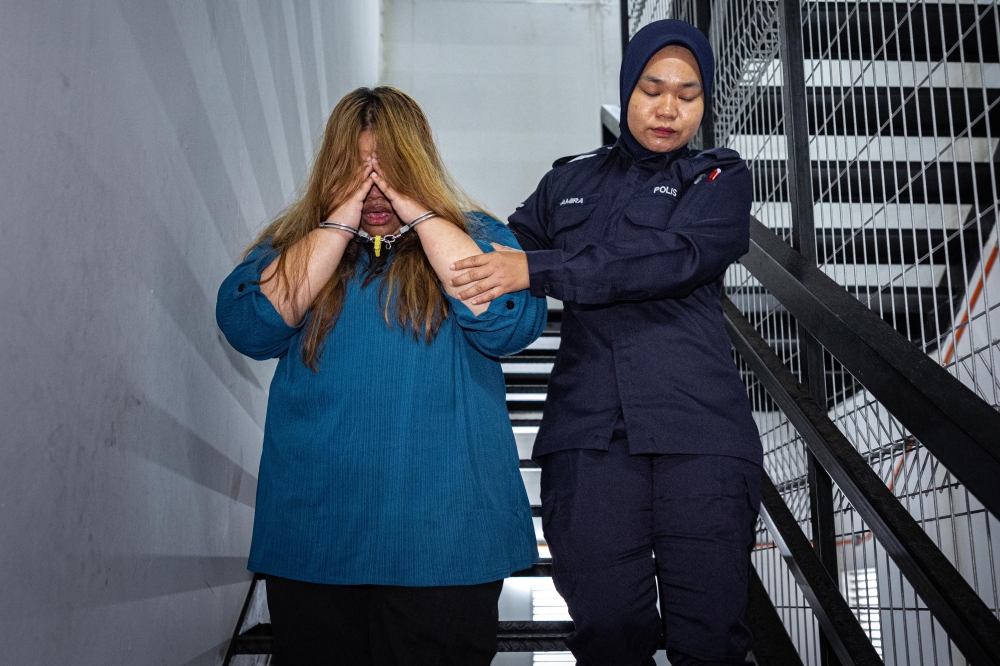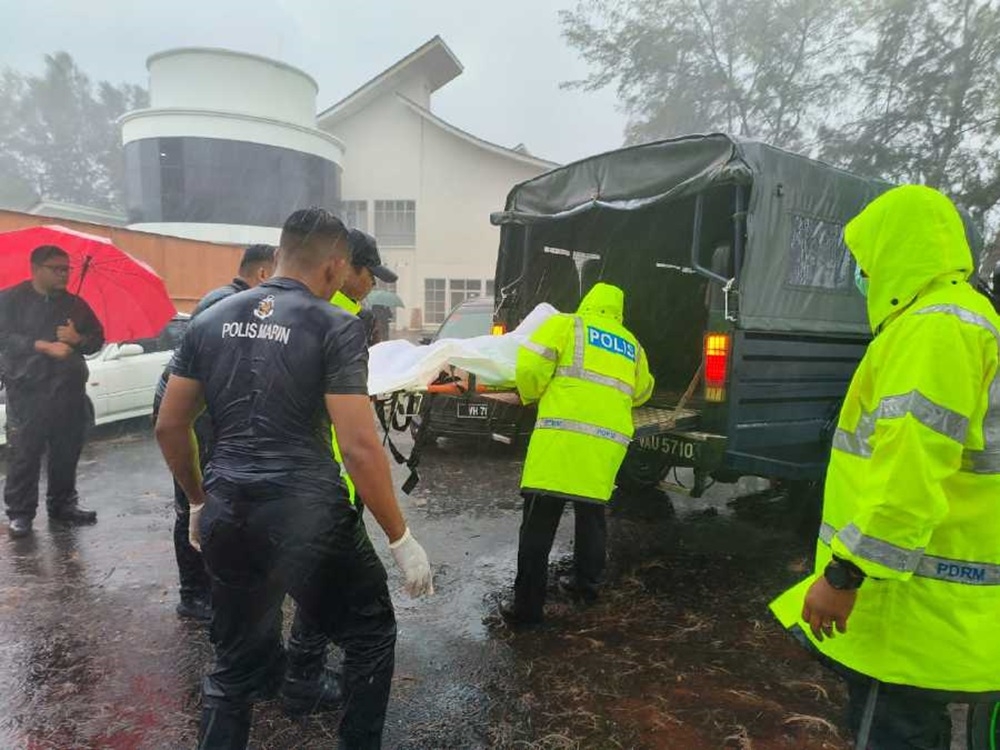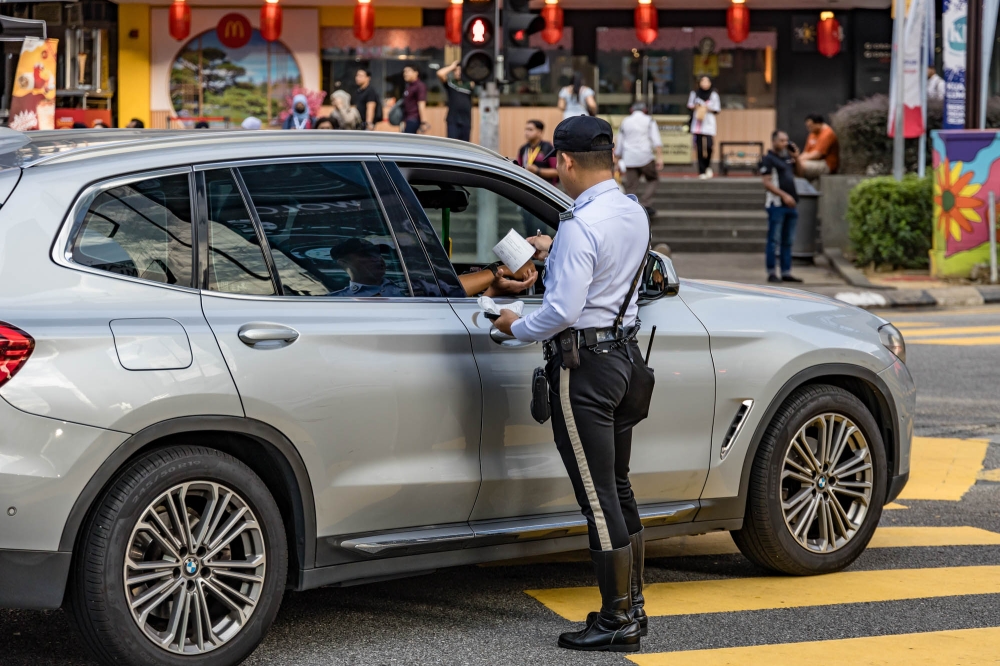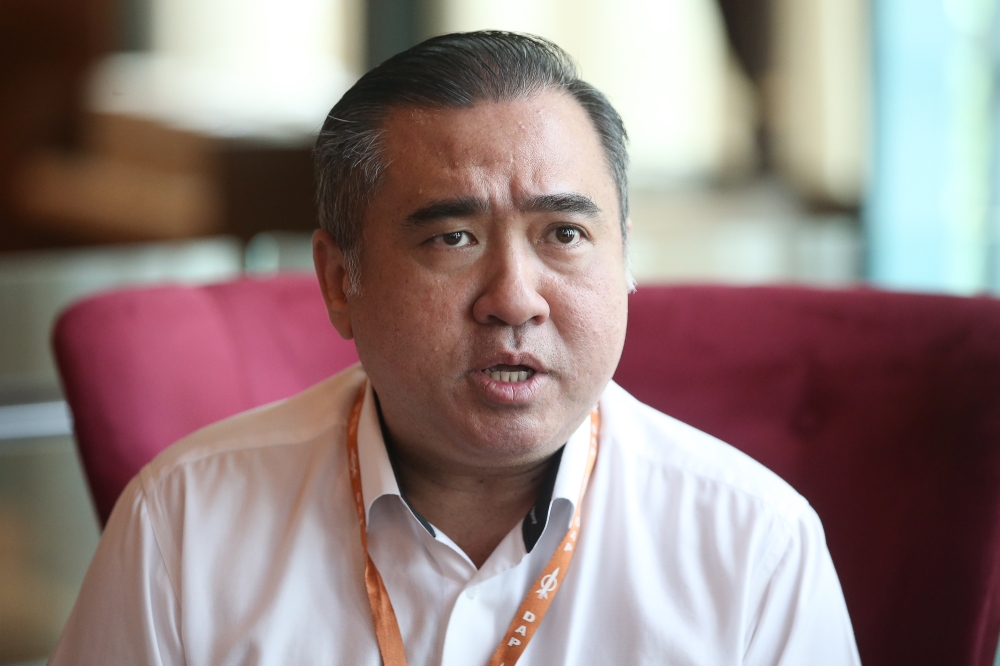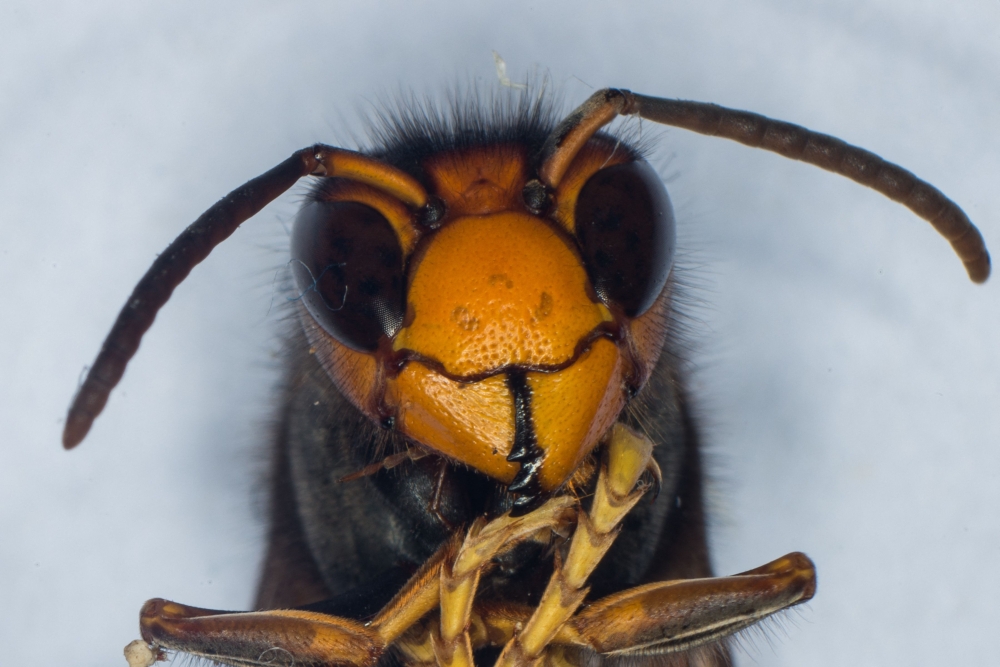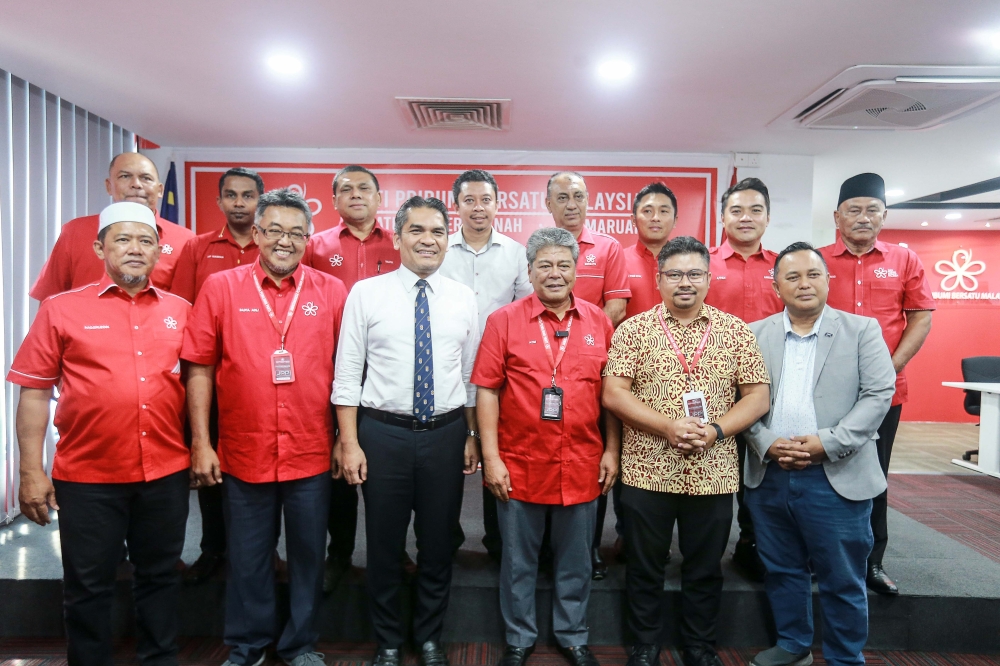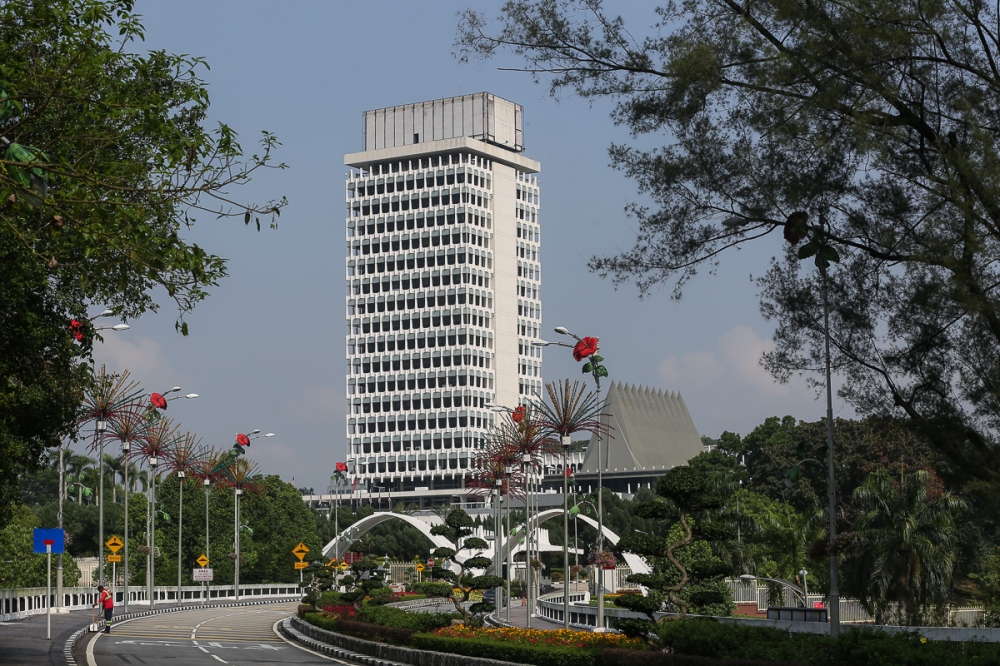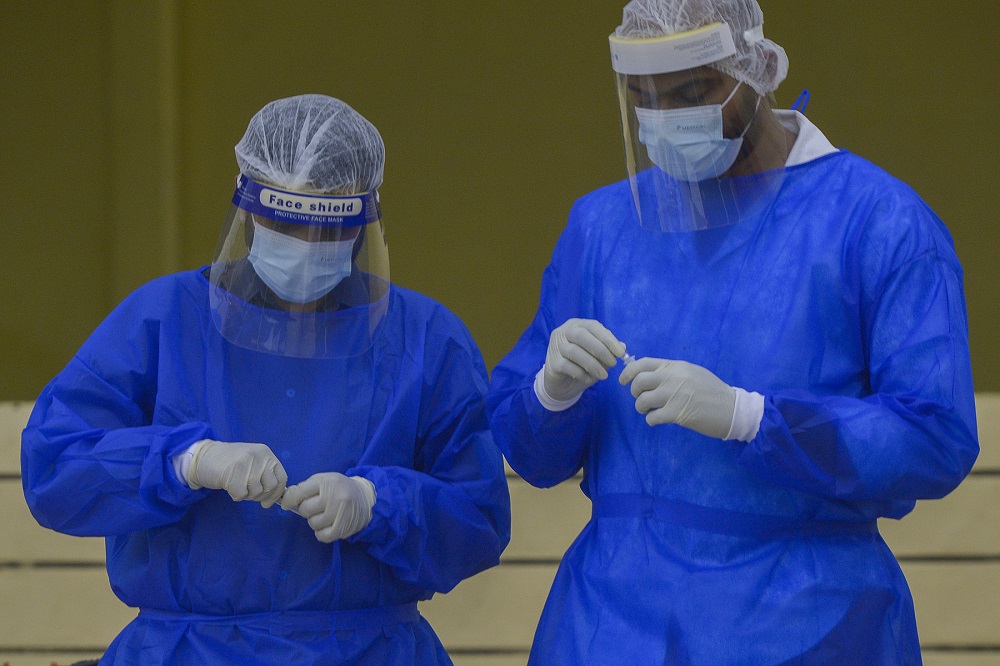KUALA LUMPUR, March 26 — Some health experts say that if you have previously been infected with Covid-19, you have a lower risk of contracting the disease again.
Regardless of whether this is true, Rachel Thong, a pharmacist based in Petaling Jaya, has decided to take her children out of daycare as she fears they might get infected again.
“There is still a chance that my children might get infected again, and I don't want to endure another round of stress and anxiety, or put others at risk of getting infected such as my parents and in-laws.
“After thinking about it, I don't think I am traumatised by the virus, but more by the entire process of dealing with the authorities and healthcare workers,” Thong told Malay Mail when contacted.
Thong's two children, aged three and five, were among 12 children who tested positive for Covid-19, along with six teachers, which led to the daycare centre shutting its doors temporarily in mid-February this year.
Undetected infection
Despite this chain of infection, she said that no one from the Health Ministry or relevant authorities visited the daycare centre to carry out a close contact tracing exercise.
“We went on our own to get our children tested and after their test results came back, the hospital told us to wait for the Petaling Health District Office (PKD) to call us.
“But the PKD only called five days later, and by the time the Covid Assessment Centre (CAC) called us and told us that we had to be quarantined at a centre, it was day seven,” she said.
By day seven, Thong tested negative and so did her husband, both of whom are in their late 30s, but because her children had to be sent to the quarantine centre, that meant that she had to accompany them.
“It is as though they assumed I would eventually be infected and so there were no extra precautions taken to prevent me from getting infected.
“I even met some mothers at the quarantine centre who told me that they were infected at the quarantine centre either by other Covid-19-positive parents or their children.

“And all this time, no one called us for close contact tracing and my children, before they were tested, were exposed to their grandparents (who tested negative),” she said.
This in itself would have been considered an infection cluster, Thong said, since she found out that other children from the daycare centre had infected their parents and some of their grandparents too.
“I kept looking out for this in the news, but it was never reported,” she added.
A small consolation for Thong was that they didn't have to stay at the quarantine centre for too long — only two days — since they were already at the tail-end of the 10-day infectious period.
Although it was a short period, Thong said for two days she felt like a criminal locked away in jail with only bathroom and meal breaks allowed.
“No one came to check on us, except for meal times, and in the morning, when the nurse came to take our blood pressure.
“For the rest of the day, the grill to the entrance of our ward was padlocked,” she said.
The only way she managed to maintain some sense of normalcy for her children was by telling them that they were on a “camping trip with mummy”.
“I was very worried that they would be traumatised by this experience.
“So we pretended that we were on a camping trip and even had picnics on the bed,” she said.
A strong support group
All these preparations were only possible with the support group set up by the daycare centre principal, Thong said.
It was from some of its feedback about the quarantine centre — the National Leprosy Centre in Sungai Buloh — that she managed to make the necessary preparations for their stay.
“Some of the parents were already there and they managed to share some photos of the quarantine centre's condition.
“But I wasn't prepared for us to share one bathroom among 11 rooms, and only one cubicle had a water heater, something we needed to bathe our young children,” she said.
Though it was a relief when Thong's children were cleared to go home, it was not over for her since she tested negative.
She took two more tests to be absolutely sure, and for that, she had to foot an exorbitant bill.
“For us adults, it was RM250 per test, we took three (each), and the children about RM300++ (initially).
“This is why I decided to take my children out from daycare. I just didn't want to go through the entire ordeal again and put their grandparents at risk of the virus!” she said.
Having no one
On the extreme end, all four in Dr Mei Lim's family caught the virus in January from a neighbour, but similarly faced a tough experience.
Her family's experience became more complicated when it involved her two-week-old infant.
“Firstly, they attended to us late. Only on the fifth day did they call us, wanting to bring my husband to the quarantine centre.
“We said no, as we were not in a condition to be separated with our newborn.
“I needed my husband by my side to help care for our toddler while I focused on our newborn. He is all I have,” Dr Lim, who is 30, said when contacted.
According to her, the healthcare workers had even suggested that Dr Lim, who lives in Penang, ask her mother to travel from Perlis to help out with her children to allow them to “cart” her husband to the quarantine centre.
She did not back down, because as a doctor who has treated Covid-19 patients throughout the outbreak in the country, Dr Lim knew how to handle a quarantine.
“Was I supposed to infect my elderly mother with the virus? I can't believe the nurse actually gave me that suggestion,” Dr Lim said.
What shocked Dr Lim next was when the healthcare workers at the hospital left her to find her own way home.
“I was still waiting for my test results, but there was a high chance that I'd test positive too — and I did.
“If I had taken public transport, imagine how many more would have been exposed?” she said.
Eventually, Dr Lim said she contacted her neighbour who had just ended his quarantine period to pick her up.
“There was no help offered to us and if I didn't have my neighbour, I still cannot imagine what I could have done,” she said.
‘Off the hook’
However, from the many unpleasant experiences, Dr Lim said one thing has boosted her morale: her family will now have a much lower risk of contracting Covid-19.
“Unless it is a mutated strain, we don't feel so nervous anymore whenever we go out to get food or to work.
“I still avoid crowds, of course, because there is still a chance that my husband and children could be infected again with a mutated strain of the virus,” Dr Lim said.
She added that even her neighbours were understanding and had come by to send their regards.
“Our condominium management was very helpful too. When we couldn't go anywhere, they arranged for the guard to bring us our food delivery,” she said.
Can't smell as well
For Petaling Jaya resident Evelyn Tan, although she was asymptomatic, as mild as her symptoms were, her sense of smell and taste has yet to make full recovery. Just like Dr Mei Lim, she caught Covid-19 in January.
In her words: “It is definitely not pre-Covid-19 accuracy.”
According to the 27-year-old, she noticed it one day when she was baking.
“People in my house said they loved the smell of the chicken baking in the oven filling the house, but I was puzzled, because I couldn't smell anything.
“Another instance was when I was frying onions. I could see that the onions were frying, but I couldn't smell anything,” she said when contacted.
There are also certain foods that taste different on her palette.
“And taste-wise, sometimes I taste things as too salty when they're not.
“One day, I shared a dish with my brother, and I could taste a certain raw meat texture, but my brother said he couldn't.
“I'm mostly fine. Just that some things are not how they used to be,” she said.
Tan added that while she does feel safer (lower risk of contracting the virus again), she is still practising strict standard operating procedures.
“I do feel a little safer after contracting the disease, but I’m still taking precautions since we don’t know how long natural immunity lasts,” she said.

